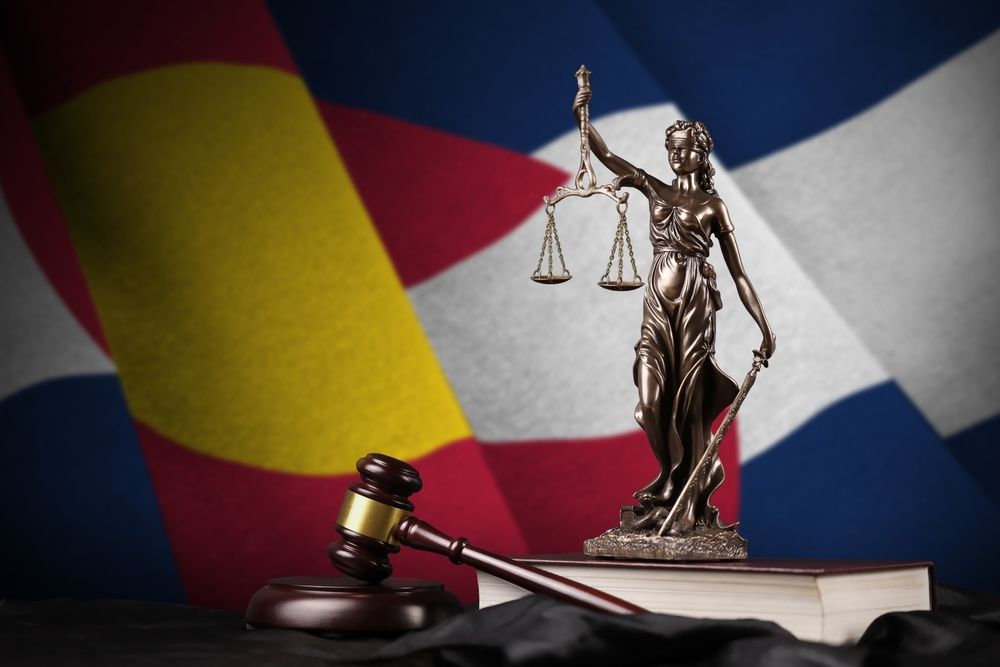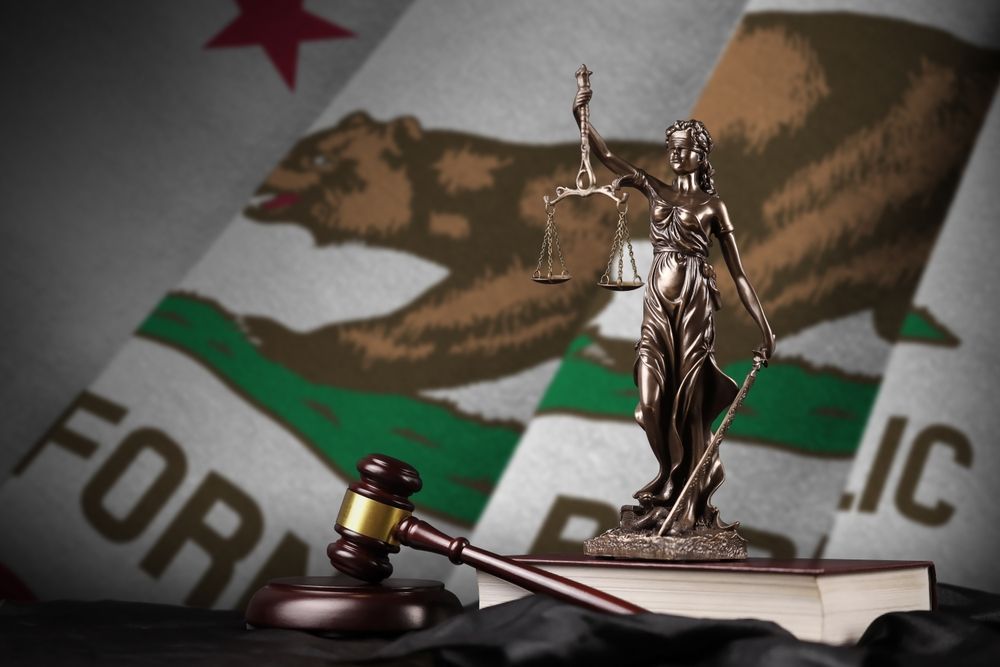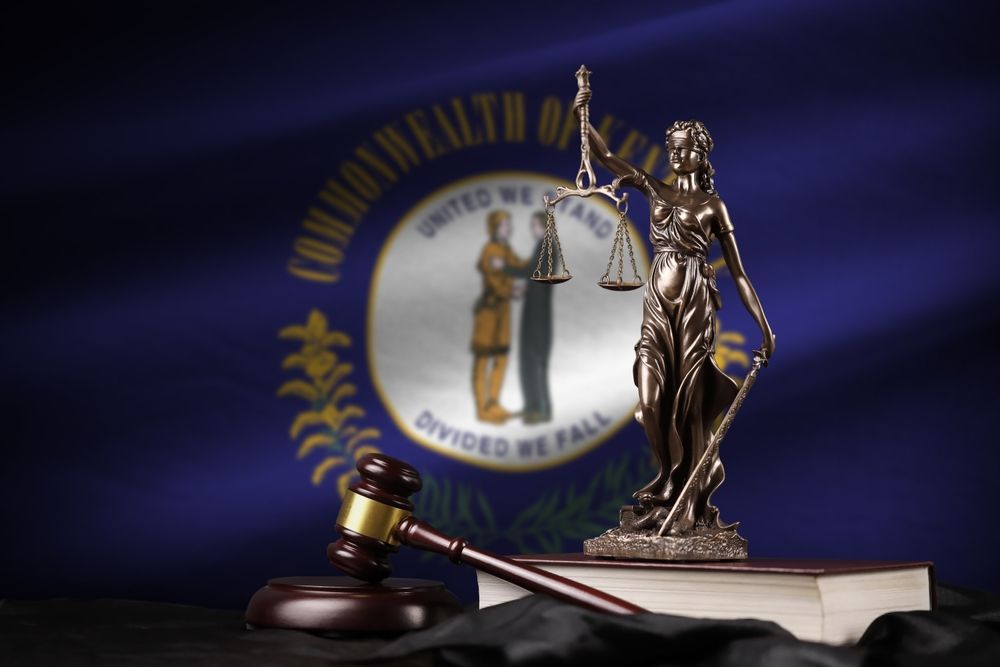
Recent news that 7,600 would-be nurses obtained fraudulent degrees roiled the healthcare industry and put hospitals and clinics on alert concerning their hiring practices. Three South Florida nursing schools were involved in enabling these cheaters to acquire fake diplomas.
Needless to say, unqualified nurses are a problem for both patients and providers in health care. The quality of patient care is likely to suffer. Trust in institutions can erode. The reputation of a hospital can suffer, and the provider might be subject to financial liability. Healthcare providers have a huge stake in ensuring that the nurses they hire have the education and qualifications that they, the nurses, claim to have.
It’s critical for these organizations to have effective pre-employment background screening. To accomplish this, many will turn to Consumer Reporting Agencies (CRAs) for assistance, and CRAs must have the experience and the resources to spot counterfeit healthcare credentials.
How to Spot a Fake Nursing Diploma
There are ways that nurses might come into the interviewing process with resumes boosted by fake diplomas. For one, the nurse may have invented or falsified the diploma. More common, however, is the Florida situation, where the school granting the degree is a diploma mill. Diploma mills are schools that issue degrees to people who have not completed the required coursework or who have failed to successfully pass the exams. Often these schools are unaccredited, and they generally grant the degrees in exchange for money.
The first step in identifying a diploma mill is to check the school’s accreditation. Accreditation is the process that monitors institutions to ensure that they meet the required standards for quality. For nursing schools, the accrediting bodies are the Accreditation Commission for Education in Nursing (ACEN) and the Commission on Collegiate Nursing Education (CCNE). You can contact the accrediting body to confirm a school’s accreditation status.
You can also look directly at the college program’s requirements. Valid nursing programs have prerequisites. For example, a student must complete chemistry and biology courses before being admitted. Bogus programs may have prereqs that are vague or even no prereqs at all.
An unusual-looking diploma is another red flag. Legitimate diplomas are printed on high-quality paper, and you will find the school’s name, a seal, a college representative’s signature, and the student’s name. Counterfeit diplomas might be cheap-looking, lack an official signature, and even contain spelling errors.
You should also check the candidate’s nursing license. Valid programs require their students to pass the National Council Licensure Examination (NCLEX). You can verify the license with the Board of Nursing in the state where the nurse should be licensed.
If the college is located in a place where the candidate never lived, the diploma may be fake. In such cases, you should confirm that the institution has an accredited remote learning program.
There may be cases where the college is an accredited program but the candidate never actually earned the degree. Legitimate schools keep a record of graduates and can tell whether a specific individual graduated.
Finally, you may be able to infer from the candidate’s resume that the diploma is not valid. If the dates on the resume suggest they earned the degree too quickly, it’s probably not valid. Associate programs are usually two-year programs, adding a bachelor’s degree takes two to four years and a master’s program requires another year or two. Credentials earned in the wrong order constitute another red flag.
How Employee Background Screenings Uncover Fake Diplomas

As you can see, it can take a lot of validation to ensure that a diploma is legitimate, and most healthcare providers don’t have the time or resources to properly vet every candidate. They might have to research nursing schools on a one-off basis, going to a mix of resources to validate a school’s program. They would have to validate the applicant’s proof that they did indeed earn the degree. That’s why so many turn to CRAs. So, how can CRAs detect counterfeit healthcare diplomas?
CRAs can do the job more quickly and more accurately because they have an automated screening process and they have access to the data stores that contain the critical information. They can use screening solutions that do multiple checks with a single query. They have seen most educational institutions come up in background searches, and they recognize the circumstances that require further investigation of a school.
A CRA background search will check the school’s accreditation status and degree requirements. It will verify that graduation actually occurred and validate the nurse’s license. These are normally done as part of an overall background check which also validates education history, employment history, and possibly even the existence of a criminal record.
Key Medical Credential Identification Verifications
Even if the nursing diploma is legitimate, there are other validations required to know whether the applicant is truly qualified for a nursing position. CRAs can use a special-purpose medical database to evaluate three important aspects of an applicant’s background.
1. Sanctions and Exclusions Check
Some healthcare providers and related organizations have limitations on their licenses. They might be excluded from federally funded programs. Some schools are diploma mills that have been previously found out. A Sanctions and Exclusions check identifies whether these restrictions apply to the parties in question.
2. Credential Check
This process cycles through a number of background checks, depending on the applicant and the position. In addition to license and certification validation, it might also run checks with the Drug Enforcement Agency (DEA), the Pharmacy Technician Certification Board (PTCB), the American Board Certification, and the National Provider Identifier (NPI).
3. Abuse Registry Check
This check is important for employees who will be working with vulnerable populations. This involves a database search with the State Department of Health, and it identifies anyone with documented abusive behavior against adults or children. This search is not available in all states.
Compliant Healthcare Background Checks
In addition to covering all the critical credential and background checks, employers and CRAs must make sure their searches comply with federal, state, and local laws. Many states have fair hiring laws that cover what an employer may ask, when in the process they may ask it, when they may order background checks, and what they are allowed to do with the information they uncover in those checks.
Eagle Eye Screening Services keeps abreast of the latest regulations and will guide clients in keeping their checks compliant. On top of that, our services are fast. We conduct
AI-assisted record retrieval that acquires results in minutes. Count on Eagle Eye to deliver background information quickly, accurately, and compliantly.





